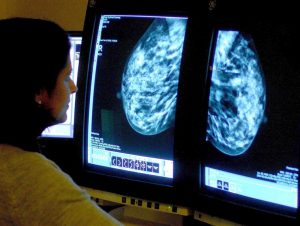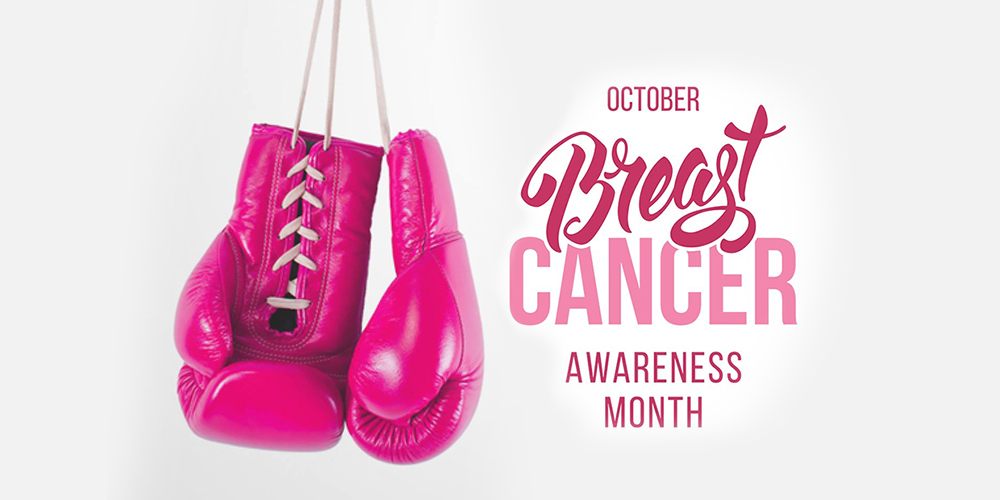Having both her breasts removed at the age of 37 and at the pinnacle of her acting career to counter the high risk of breast cancer- Angelina Jolie has given Mastectomy a voice it never had before.

Previously, it was considered an act of desperation, and its recipients would waste away in depression and other mental issues after losing such a significant part of themselves. Although the option of reconstructive surgery has been around for quite some time and can greatly restore a woman’s physical appearance and self-esteem. But someone of worldwide acclaim, from an industry that gives precedence to image over talent is undoubtedly a courageous step to take.
If you are someone contemplating Mastectomy then prepare yourself for a bumpy ride, emotionally as well as physically.
Accepting Your Body Post Mastectomy
Losing a major part of you, part that physically defined your gender will require some time getting used to. Suddenly you might start feeling less attractive, your wardrobe not fitting you as well as it used to, or feeling real apprehension when it comes to physical intimacy. Learning to feel comfortable in your own skin once again will need time and real life adjustments.

Mastectomy and self-image
One of the biggest areas of concern for women when considering breast removal is feeling or seeming less “feminine” or not being attractive enough for the opposite sex. These concerns are valid, but once you look at this scenario from a “glass half full or half empty” perspective, you will realize the significance of the bullet you just dodged. Learning to love yourself for beating cancer and admiring your scars as medals for the courage you showed in this fight is what the new you needs you to do.

For some much needed support, join groups at your local hospital or online to connect with other survivors and learn what worked for them.
Sexuality after Mastectomy
After mastectomy, a lot of survivors develop a fear of intimacy since they no longer feel attractive enough.
Post-surgery, a lot of women experience loss of sensitivity in and around the breast and nipples. This can happen even if the entire breast wasn’t removed or you had breast reconstructive surgery.

Another apprehension is your partner’s response to your new body. Remember, your partner needs getting used to the new you as much as you do. Take time to talk, understand and accept what has happened.
In case you’re struggling and it’s affecting your relationship, consider couples counseling.
Shopping after mastectomy
In case you do not want to indulge in reconstructive surgery, you’ll have to contend with a wardrobe that no longer fits you as well as it used to. Instead of feeling sorry about this situation, celebrate the opportunity to buy a whole new wardrobe that complements your new shape and size. Mastectomy bras are also a huge help to fill out dresses or shirts, and in summers make full use of mastectomy swimwear.

Depression after mastectomy
Being diagnosed with something like breast cancer or recovering from a mastectomy can make anyone feel victimized, depressed and sorry for themselves. So if you are experiencing any of these conditions post-surgery, it’s perfectly normal. However, if this state of mind prolongs for longer than normal and you fail to shake off feelings of despair, its time to seek treatment or counseling for depression.

Reconstructive Surgery
Deciding to have breast reconstruction surgery after a mastectomy is a very personal choice and needs to be thoroughly thought out.
Having reconstructive surgery, or using a mastectomy bra with slots for breast forms, consider both options and talk it out with your family, partner, doctors and counselor. Research every option thoroughly till you find what you are most comfortable with.
Thanks, to Jolie, who choose life over vanity- survivors of breast cancer with a mastectomy can now step into the limelight and celebrate survival, scars and all, instead of mourning loss.





